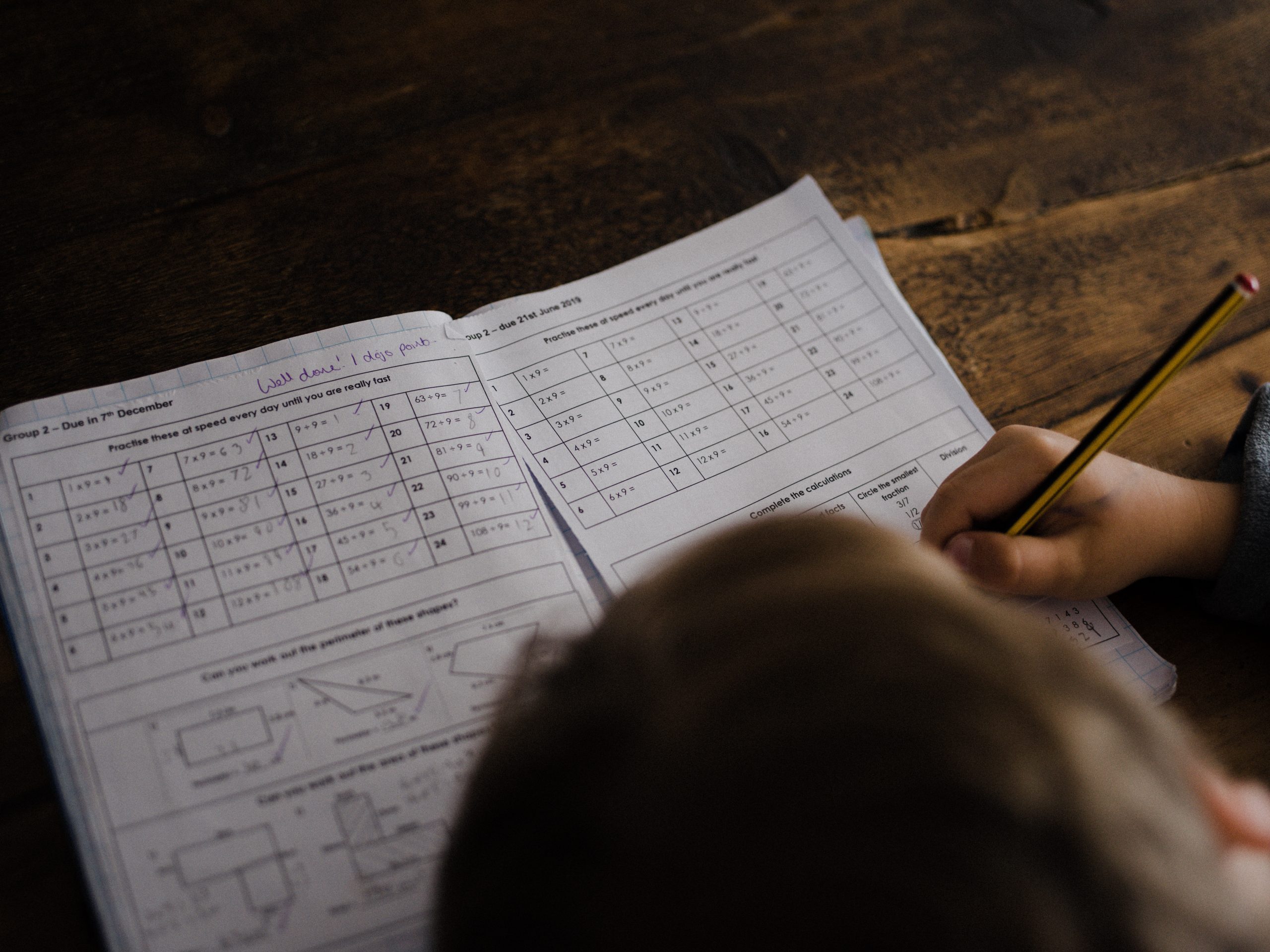 BBC News
BBC NewsBorrowing was £17.4bn last month, the second highest October figure since monthly records began in 1993.

Diana Blamires
The recent plummet back into homeschooling has shown that the gulf between setting homework and live classes could not be wider. In some cases, it will mean the difference between passing and failing GCSEs, or worse, a career succeeding or failing.
Assiduous students will most likely succeed with or without live sessions, but there is a huge swathe who will lose out if there isn’t a full diet of Zoom-style live engagement every day. This is why MP and Chairman of the Education Select Commitee Robert Halfon’s decision to call for the government and Ofsted to urgently come up with detailed guidance for online provision is so well-timed.
Boys are most vulnerable; peer pressure dictates that set work should be done as fast as possible, not as well as possible, and the rest of the day is usually spent on the playstation. Once we hit the anniversary of the first lockdown, some students will have lost almost a year of their lives to such recreations. They will have shot down their chances of success with too much time spent on the wrong kind of screen.
What’s more, lazy students forfeit their place on the top table by pretending to do their work when in fact they are inputting random answers just to get the work done. The students whose parents have time to check that Seesaw, an online learning app, hasn’t been swapped for social media will succeed. It’s easy to look like you’re top of the class when you’re on Tik Tok.
Social media depicts earnest children and parents at the kitchen table with laptops, but don’t be deceived: for those with challenging children the struggle is untenable. When asked to do set work, many children react with defiance. This leads to the offering of sanctions or bribes, and the defiance continues. Some children are immune to sanctions and bribes, and for a significant number of challenging children no work is done. And parents, working from home, are most likely at their wits’ end.
This scenario is being played out in countless homes by families (or worse, single parents) every day. Some parents resort to violence or the child lashes out, and the situation escalates. Zoom work calls are abandoned and siblings are left traumatised; parents have breakdowns; children struggle with their mental health. Remote homework has the potential to morph into more serious situations and bring about new challenges for exhausted parents.
Asking a child to attend a live lesson, however, is not often met with the same defiance. Children want to be with their friends in real time as they are desperately missing interaction. After face-to-face interactions, live lessons are the next best thing. And it is not just private schools who get a glowing report. Some state schools are offering a full timetable of live lessons, and those at the top of the class in the state sector have proved it can be done.
Some childrens’ futures are being needlessly thrown down the drain. It’s time to act; it doesn’t take a GCSE in computing to provide a week of live lessons, and they will change lives.
Diana Blamires is an education PR consultant